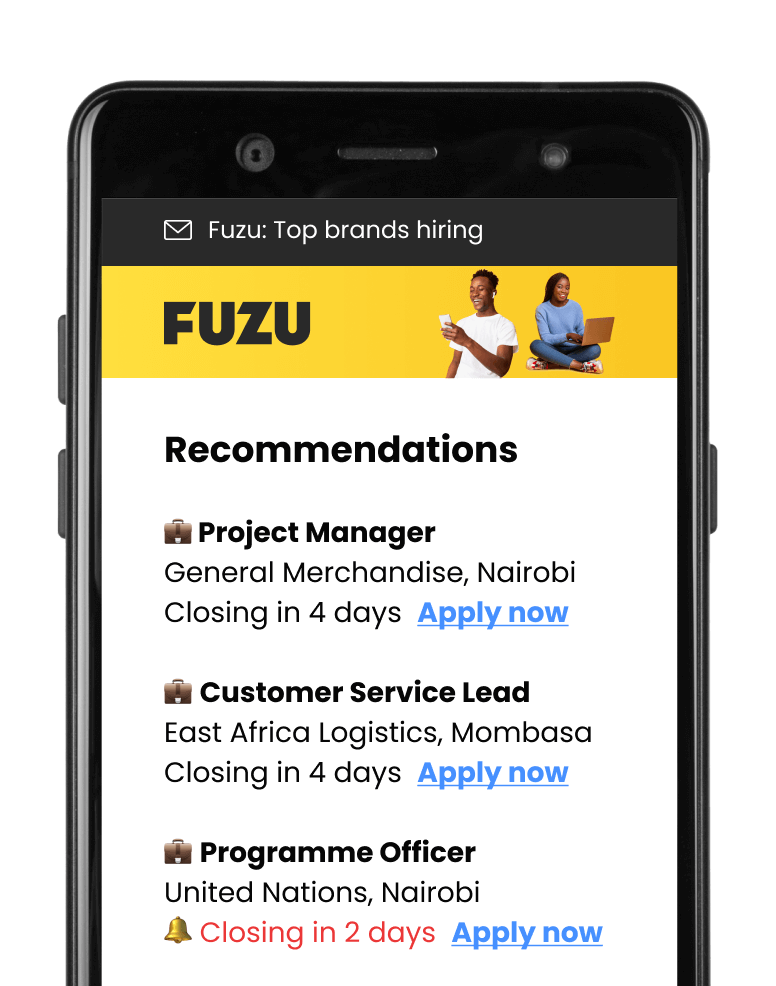Objective of the Audit
- The overall objective of the audit is to enable the auditors to express an independent professional opinion on the financial position of the project and to ensure that donor funds have been utilized for their intended purposes and in line with donor rules and regulations, DKH’s internal policies and guidelines and as well as in adherence to country of operations statutory requirements.
Scope of the Audit
- We expect the auditor to have an onsite visit to DKH Country Offices in DRC-Goma and Somalia-Mogadishu and the regional office in Nairobi for review and verification of vouchers amongst other tasks listed below.
- The audit will be conducted in accordance with the International Standards on Auditing and will include such tests of transactions and tests of the existence, ownership and valuation of assets and liabilities as the auditors consider necessary. They shall obtain an understanding of the accounting and internal control systems in order to assess their adequacy as a basis for the preparation of the financial reports and to establish whether proper accounting records have been maintained by the project holder. Special attention shall be given to the fact that income through funds from DKH and other aid agencies are earmarked funds. This earmarking is based on the objectives/goals and measures defined in the project as well as on the approved expenditure budget and finance plan. The balances of earmarked funds (project balances) shall be shown as liabilities at the end of the accounting period. In addition, the auditors shall analyze the economical and sparing use of funds in accordance with the established local price structures and the contracting practices for placing orders/procurements. The auditors might be required to visit some of the field locations to verify the project assets.
- The audit is not designed to identify all significant weaknesses in the project’s systems but, if such significant weaknesses come to the auditors’ notice during the course of the audit, the auditors shall report on it in their report, or in their Management Letter as appropriate.
- As part of the standard audit procedures, the auditors may request the project managers to provide written confirmation of certain oral representations which they may have received during the course of the audit on matters having a material effect on the annual financial statement. In order for the auditors to proceed smoothly with the examination, they shall request sight of all documents or statements, which are due to be issued with the annual financial statement.
Locations
- The audit is expected to take place in the DKH and partner offices in Nairobi, Mogadishu, Somalia and Goma and Bukavu in the Democratic Republic of Congo. The auditor may sample beneficiaries and make call back verifications if necessary.
Deliverables
At the end of the exercise, the auditor will be expected to provide the following;
- Auditor’s report/opinion including a compliance statement in respect of the earmarking of DKH funds
- Audited financial statement(s) of the project(s) under consideration; income and expenditure account of the project, plan-actual comparison / variance report with the approved budget.
- Management Letter (including comments on the implementation of previous year’s recommendations and new recommendations)
- Notes to the accounts (if necessary)
- list of income/receipts according to origin/source
- Foreign currency transactions (incl. examination of exchange transactions)
- List of all bank accounts and their balances in the country and abroad
- Statement on assets, in particular evidence of new acquisitions and the compliance with the DKH approval, if applicable (e.g. buildings, vehicles)
Time Frame of Audit Exercise
- The auditors will complete the exercise on time and submit the report (including the documents mentioned above) to reach DKH within 5 weeks from contracting.
Desired Profile of the Auditor(s)
- Audit firm with a regional presence in the Project Implementation countries or with permit to operate in the said countries**.**
- The audit firm should be registered and have a license from a national or regional professional Accountancy Body.
- The firm should have relevant experience in accounting and auditing of humanitarian projects, especially donor-funded operations.
- The key audit team will comprise, at least: (a) An audit manager with at least 7 years' experience in auditing and with a sound knowledge of German Funded Projects. In addition, he/she should be a member of a recognized accountancy professional body; (b) A team leader with at least a degree in auditing/accounting or equivalent with a minimum of 5 years' experience in auditing; and (c) An assistant auditor with adequate experience and professional qualifications.
- Competency in French by someone in the audit team is an added advantage.
Bid Requirements
The bidders should provide the following documents in their application.
- A valid registration certificate and proof of having worked in both or either of the 2 countries i.e. Somalia and Congo.
- A Company profile.
- A technical proposal.
- A financial quote including a breakdown of all the related costs.
- List of clients served from NGOs in the project regions will be an added advantage.
- Proof of membership of a recognised accounting body e.g. ACCA, ICPAK e.t.c
- Tax compliance certificate in the country of registration.
- The documents listed above should be sent to the e mail address below by 17th May 2024.
The responsibility for safeguarding the assets of the project holder and the responsibility for the prevention and detection of fraud, error and non-compliance with law or regulations rests with the project managers. However, the auditors shall endeavour to plan their audit to provide reasonable assurance of detecting material misstatements in the annual financial statement or accounting records (including those resulting from fraud, error or non-compliance with law or regulations). The auditor is specifically tasked with the following.
- Whether proper accounting records have been kept by the project holder
- Whether the organization’s holder’s financial statement is in agreement with the accounting records and returns.
- Whether funds from DKH were utilized in compliance with the purpose of the earmarking of funds.
- Review and report on the timely spending of funds as per donor (GFFO) regulations and the utilization of the yearly budget allocation.
- To examine the bank accounts opened especially and exclusively for the project, and any further bank accounts of the projects if applicable
- To examine whether the salaries reported as costs match with employees’ contracts and that all statutory deductions are submitted to the authorities as deducted in the pay slip and on time.
- To examine the tools and procedures of internal control for the project.
- The Auditor verifies that the correct exchange rates have been applied for currency conversions
- To examine the project inventory if any, of value exceeding 800 Eur and purchased with money from project funds.
- Verify the conformity of expenditure with the budget and Analytical review
- Whether the auditors have obtained all the information and explanations which they consider necessary for the purpose of their audit.
- To examine whether the local humanitarian partners observe set rules/clauses as per existing agreement provided by DKH at the time of engagement. In addition, also examine if DKH’s own expenditure is in line with internal guidelines and in compliance to donor rules and regulations.
- Run tests to be able to provide opinion on status of project liabilities as at the end of the project. The assumption here being all project liabilities have been settled.
- Specific check of accounting for and reporting on the use of the Humanitarian Operation and Innovations Facility (HOIFA) funds as part of the Project funding
- Examination of participants (a.k.a. beneficiary) lists created during the implementation of HOIFA activities as part of the Project funding: check that lists are available, legible and correspond to the procurement records, payment documents and financial reports.


